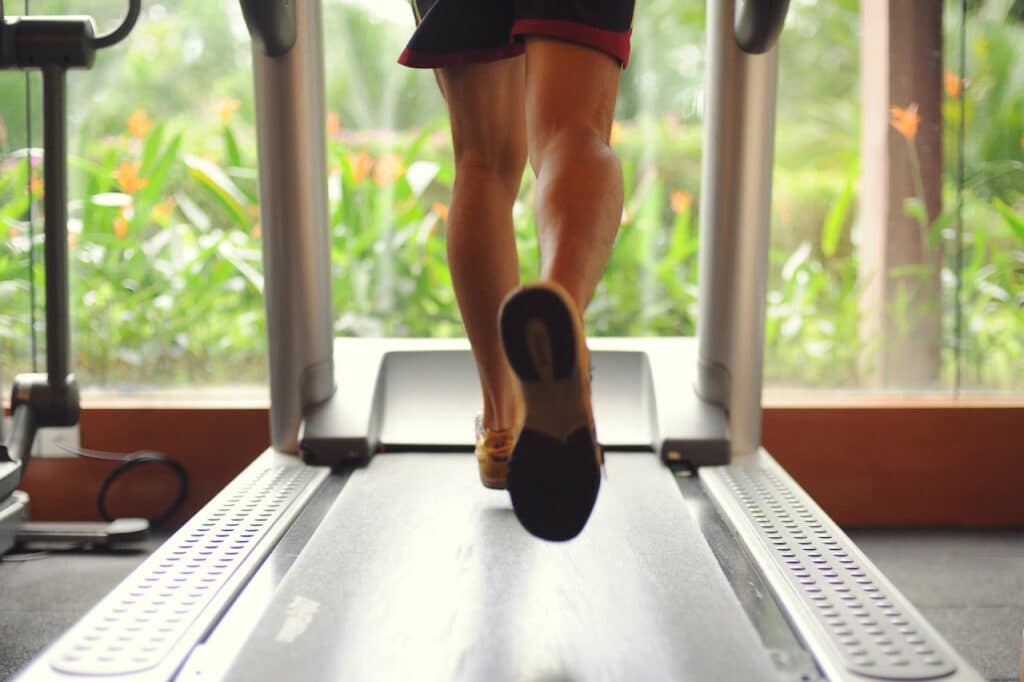One of the most challenging moments in your life is when you found out you’ve been diagnosed with a chronic kidney disorder. You want to keep your mind and body healthy, but you also don’t want to do anything that might aggravate your kidneys.
The tough part will come when you realize you cannot live your life as you normally would, but with a few small and large changes you can live a life of joy, comfort, and lasting health. Your new journey begins with exercise tips for CKD patients.
The Benefits
When you have CKD, you may feel tired, irritable, and melancholy. Regardless of how often you already exercise, physical activity affects your emotional health, so it’s important to keep up a healthy routine, but always consult your doctor before you begin an exercise routine, since they are most familiar with your needs.
Firstly, the most important part is to keep your muscle active. CKD affects the muscles enough to make you feel lethargic and tired. So, it will be in your best interest to exercise in order to keep your muscles strong, and your body functioning as close to normal as possible.
Exercise will also help regulate your sleep patterns (just don’t exercise heavily before bed), and with weight control. You will be able to control your blood pressure, and lower the amount of fats in your blood. This all adds up to a far better state of being, and allows you to stay as close to normal as possible while treating your CKD.
What Type of Exercise?
Any type of exercise that heightens your heart rate for a period of time, and requires continuous motion is healthy. Swimming is a very common exercise because it works all the muscle groups with gentle opposition. Cycling is also a good option, and falls into the category of continual motion. Even exercises like Zumba, ice skating, or skiing help with improving balance, and continual motion.
We do not necessarily recommend exercises that involve heavy lifting, because while this puts a lot of strain on your muscles, it only works a number of muscles limited to that range of motion. It also requires rests in between sets, which again, isn’t in the realm of constant motion.
How Long?
This is up to you and your own body’s capabilities. We know that CKD affects everyone differently. Some people will need a long warmup, and others will have a milder form of CKD so they can more or less workout as normal.
We do recommend that you build up to 30 minutes of exercise every single day, at the intensity you need. However, as your body adjusts, you can push yourself to 45 minutes or 1 hour.
How Often?
Again, we recommend you feel what your body is telling you, and try to cooperate with it as much as you can. If not daily, you should try to exercise at least 3 times a week. Make a simple rule of, one day exercise, one day rest, etc. The more regularly you exercise, the better regulated your body will become, and you will have that added boost of consistency.
How Intense Should You Go?
Preferably, you never workout to the point where you cannot stop and talk to someone within 5 minutes or so. That exercise is too hard, and not recommended for those who are without any health condition either. You should also feel yourself within 45 minutes to 1 hour.
As for intensity, it’s up to you and how well you feel. However, the general rule of thumb is to go hard towards the end of your workout and not from start to finish. Push hard as you feel comfortable to maintain, for your final sets or 5 minutes left of your cycling routine.
Always, start off slow!
When Should You Exercise?
Usually, if you exercise before breakfast, you may want to eat something light beforehand so you’re not exercising on an empty stomach. Try to workout before lunch, and definitely before dinner.
Exercise is good for your overall health and wellbeing. It activates the natural processes in your muscles that rid the body of toxins and waste. When you have CKD, a workout session helps your regulation system, and improves your health.

